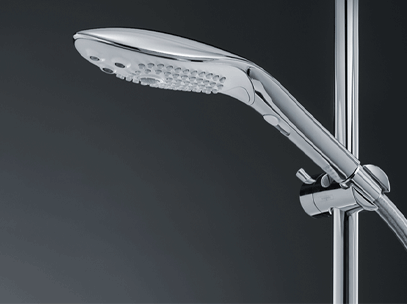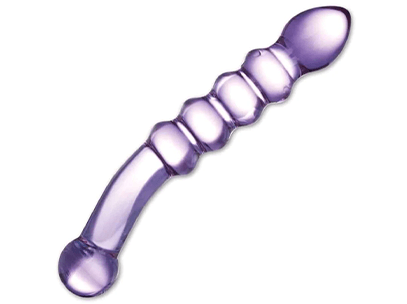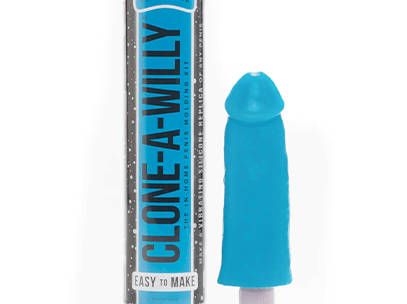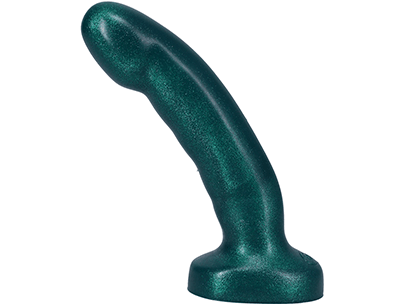Sexuality is truly like a muscle. With a little work and care, it’ll continue to build and get stronger. Without proper care and maintenance, with age, it can deteriorate just like a muscle.
But with age, many individuals face sexual dysfunction. There are many causes of impotence, erectile dysfunction, vaginal dryness, and diminished libido, and all are common as the human body gets older. Some factors are totally preventable, and others are genetic or caused by preexisting conditions or hormonal changes. Your primary care physician should be able to provide guidance on these factors.
The best way to deal with sexual dysfunction is to prevent it. So how do you do that?
Get into healthy habits
The best way to take care of your sexual health is to take care of your overall physical health. A holistic approach to wellness will have a positive ripple effect throughout many various aspects of your life, in the bedroom and out.
A healthy diet consisting of low-fat, whole-grain, high-protein lean meats, fruits and vegetables is vital to maintaining one’s physical wellness. Avoid foods high in fat, sodium and even sugar, as these can contribute to high blood pressure and diabetes, which can directly correlate with sexual dysfunction. Women can eat foods rich in fatty acids (the good fats) like pumpkin seeds and fish to encourage natural lubrication. Proper hydration is also important and often overlooked; drinking water directly affects blood flow and other secretions. Some diet supplements that are thought to balance hormones and improve sexual health include maca root and dong Quai, although long-term evidence is inconclusive.
Regular exercise can positively contribute to your health and therefore your sexual wellness. You can even feel immediate effects of cardio before a romp in the hay; physical activity can encourage blood flow, increasing sensitivity and arousability. However, gents may want to skip the Peloton—any exercise that puts excessive pressure on the perineum can damage the nerves and blood vessels around the penis. If you are a cycling aficionado, proper gear and outfitting can help prevent these adverse effects, along with a “no-nose” bike seat.
On an emotional level, stress is a huge contributor to sexual dysfunction. Adrenaline causes blood vessels to contract, making achieving an erection more difficult. Psychological distress, depression and anxiety are all mood-killers and can contribute to sexual dysfunction and a lack of desire. Take care of your mental health! Your emotional health and physical health are absolutely intertwined. Practicing healthy habits can make you feel better mentally, and dedicating time to mental health care regularly can have a positive impact on your sexual well-being.
Get out of unhealthy ones
Get rid of your vices. Smoking, drinking excessively, and drug use can absolutely impact your sexual performance.
Men who smoke are twice as likely to experience erectile dysfunction as men who don’t smoke. Smoking tobacco restricts your blood vessels and can slow blood flow to the rest of the body, including the genitals, which can decrease arousability for men and women alike. It’s no secret that nicotine addiction is a difficult behavior to ditch, but the benefits are immediately noticeable. As soon as you quit smoking, your blood pressure improves, your risk of having a heart attack decreases, and circulation begins to improve. Improved sex life is just one of many reasons to quit. If you’ve been considering quitting smoking, the best time to do it is now.
Alcohol abuse is the leading cause of sexual dysfunction. Men who consume more than three drinks a day have a considerably higher likelihood of experiencing erectile dysfunction, especially if coupled with smoking tobacco. Women who consume alcohol excessively are also more likely to experience diminished vaginal lubrication, pain during sex, and other genitourinary issues. Although the idea of sharing a bottle of wine as a prelude to sex seems romantic, stick to just one glass for maximum romance.
All types of drugs can impact sexual dysfunction, particularly the illicit types. All types of controlled substances, whether it’s cocaine, opioids, amphetamines, barbiturates or even (believe it or not) marijuana, can affect the central nervous system and damage blood vessels, contributing to a lack of sexual responsiveness and overall dysfunction. Unfortunately, a side effect of many prescription drugs is erectile dysfunction and a reduced sex drive, so talk to your doctor to discuss how to address this.
Direct prevention of sexual dysfunction
The answer to all of life’s problems seems to be the same—Kegel exercises. Strengthening your pelvic floor muscles can directly improve erectile function. That’s right, men should be doing Kegels too. When you work out the bulbocavernosus muscle, you target the very muscle that controls blood flow to the penis and the pumping of ejaculate at the point of climax. This muscle is also the same one that you use to control your urine stream. You can do Kegel exercises by holding and releasing this muscle during urination until you feel you’ve accurately located the muscle and are able to practice flexing it without urinating. Make practicing Kegels a part of your daily fitness routine, and you’ll soon see the benefits.For women, Kegel exercises have several advantages. If you experience vaginismus or pain during sex, Kegels can help you learn to relax your pelvic muscles, making entry easier. Kegels can also improve circulation to the pelvic area, increasing arousability and even encouraging natural lubrication. You’ll also notice that regular Kegels can improve your ability to orgasm! Women can exercise their pelvic floor muscles alone or with the aid of a Kegel exercising tool. Some tools even vibrate, adding pleasure to the workout!
If you feel you’re beginning to experience symptoms of sexual dysfunction, fear not. There are so many solutions that can help correct and improve your sex life. It’s never too late to make changes to your lifestyle to improve your overall sexual, mental and physical well-being.



















